- contact@laparoscopyadvice.com
- General Practice Hospital, G-9/2 Islamabad
- Mon - Fri: 10:00 am - 7:00 pm
Visiting Hours
| Mon - Fri: | 8:00 am - 8:00 pm |
| Saturday: | 9:00 am - 6:00 pm |
| Sunday: | 9:00 am - 6:00 pm |
Gallery Posts
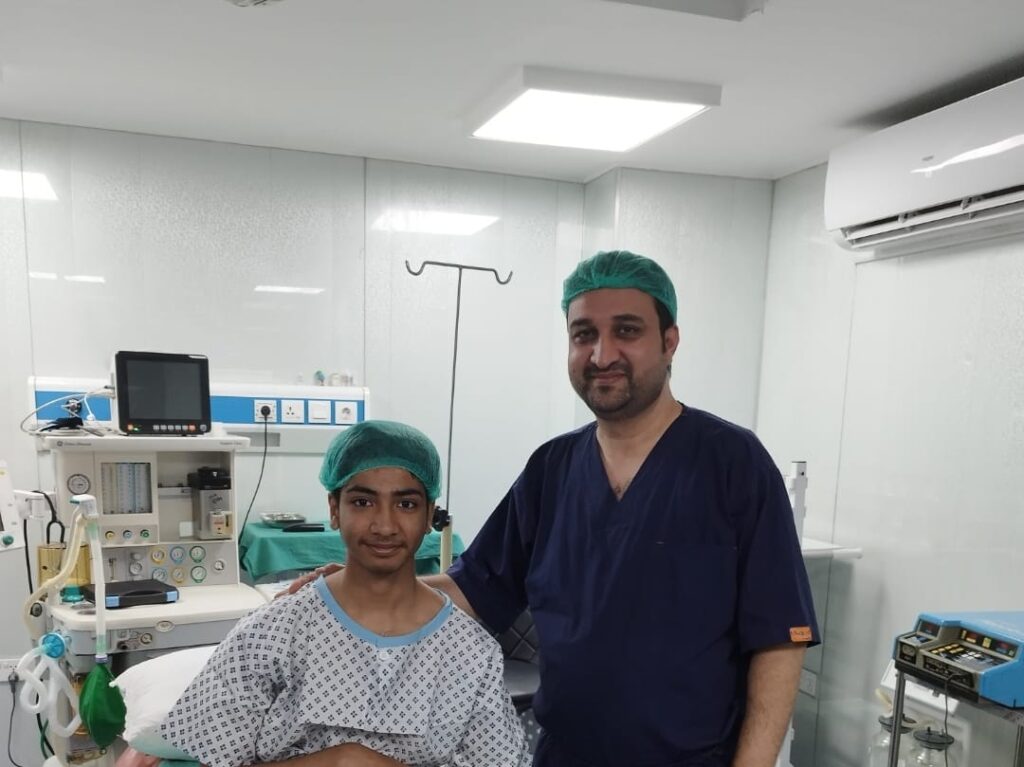
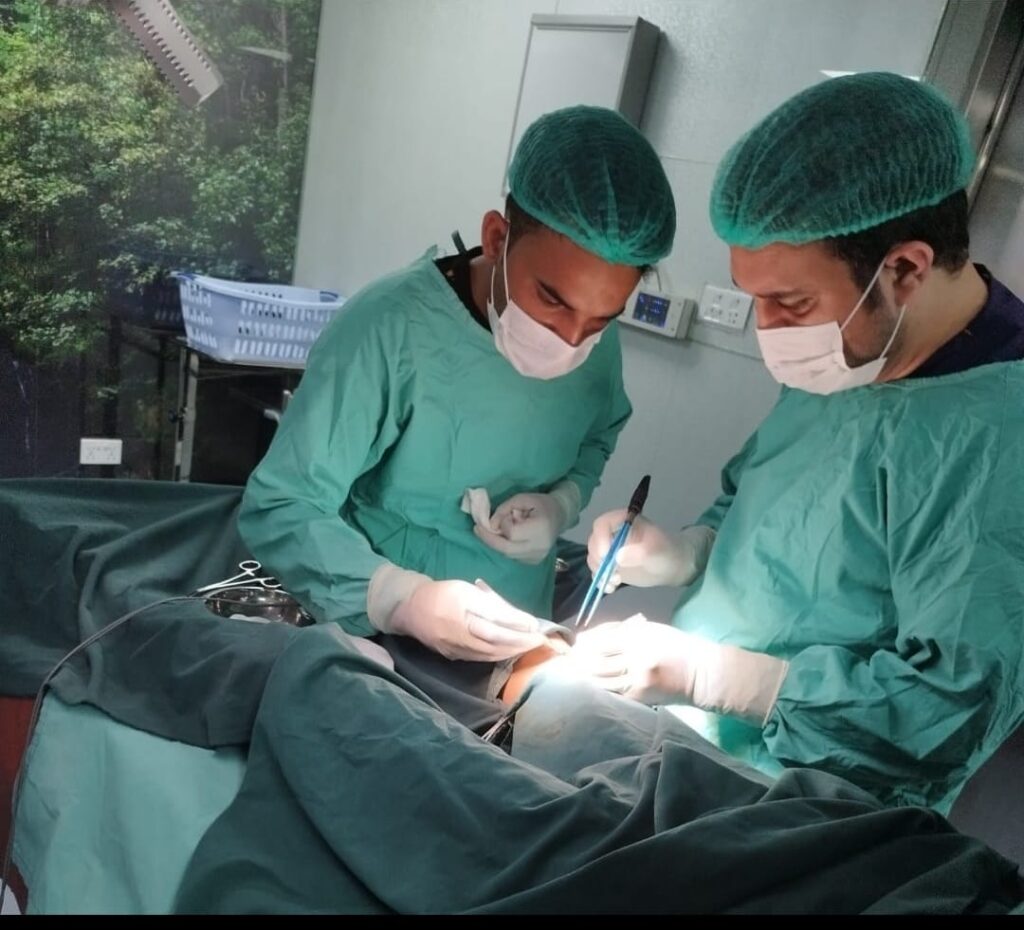

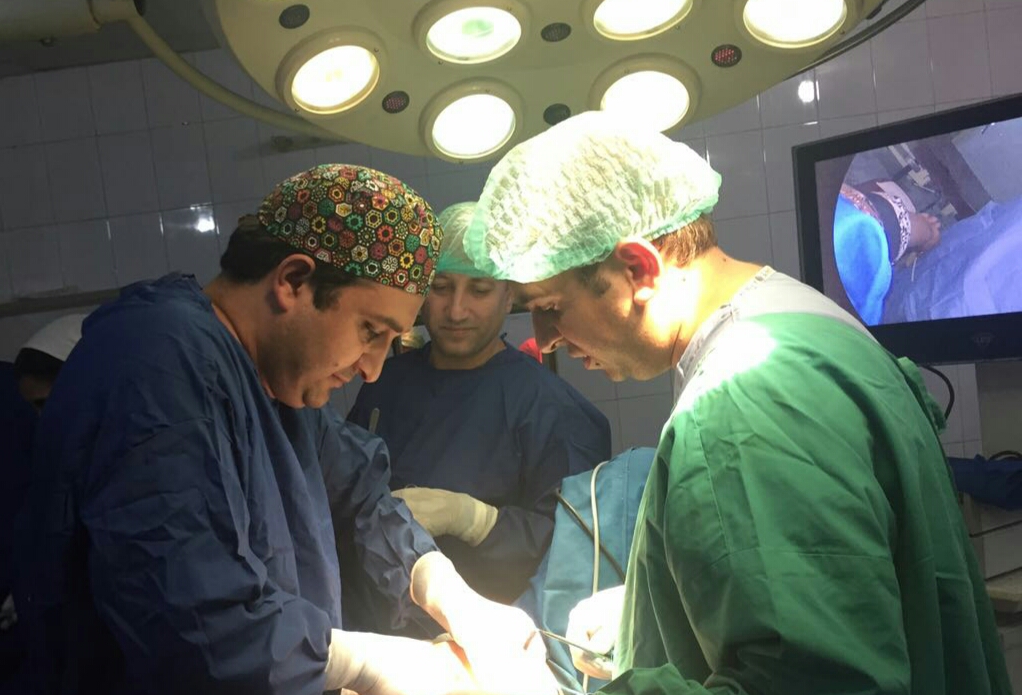
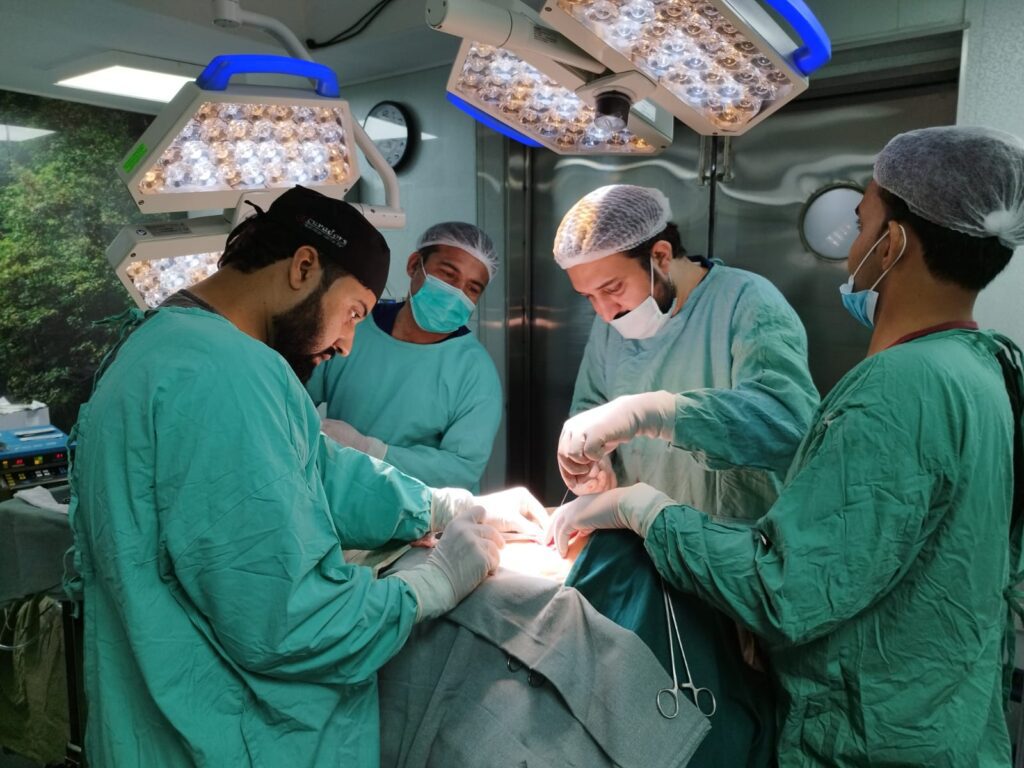

| Mon - Fri: | 8:00 am - 8:00 pm |
| Saturday: | 9:00 am - 6:00 pm |
| Sunday: | 9:00 am - 6:00 pm |






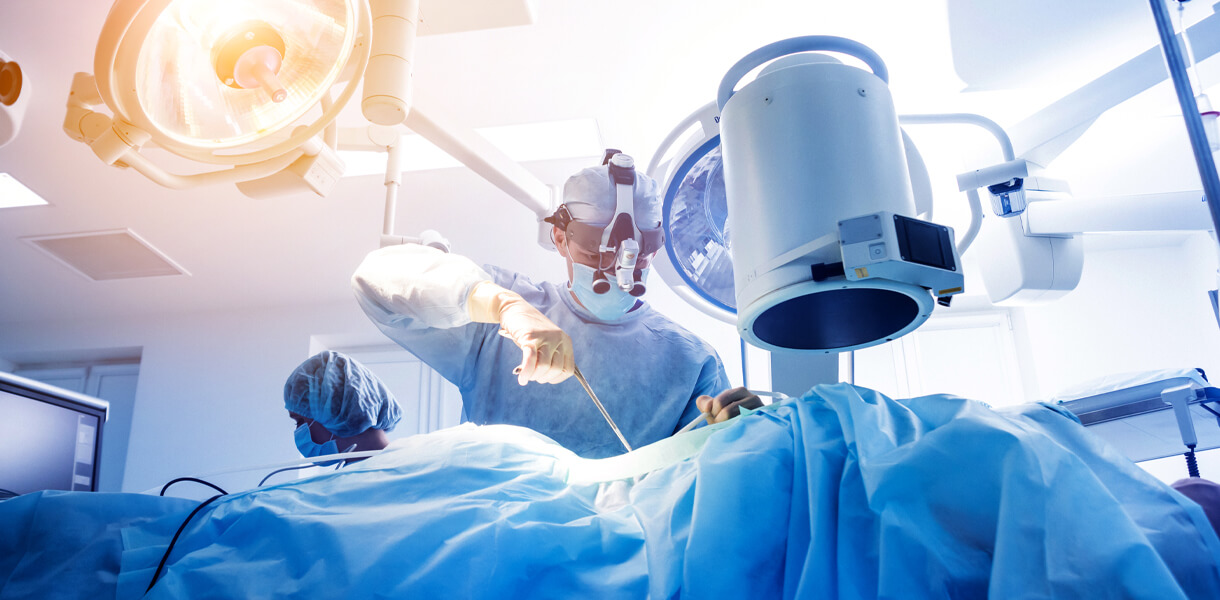
Introduction
Rectal cancer is a type of colorectal cancer that originates in the rectum, the final portion of the large intestine that connects to the anus. It shares many similarities with colon cancer, but its location and specific characteristics may influence treatment options and outcomes. Rectal cancer, like colon cancer, typically develops from precancerous growths called polyps and can progress to cancer if left untreated.
Understanding Rectal Cancer
Rectal cancer specifically refers to cancer that develops in the rectum, which is the final portion of the large intestine before the anus. While often grouped together with colon cancer as colorectal cancer, rectal cancer has unique characteristics and treatment considerations.
Distinction Between Colon and Rectal Cancer
Exploring the anatomical and functional distinctions between the colon and rectum provides insights into the specific nature of rectal cancer and its impact on the body.
Causes and Risk Factors
Various factors contribute to the development of rectal cancer, including both genetic and lifestyle-related elements. This section delves into these factors and identifies individuals at a higher risk.



Identification of Individuals at a Higher Risk
Highlighting risk factors, such as age, family history, and certain lifestyle choices, provides valuable information for both individuals and healthcare professionals.
Signs and Symptoms
Recognizing the signs and symptoms of rectal cancer is crucial for early intervention. From changes in bowel habits to blood in the stool, understanding the variations based on the stage of cancer aids in prompt medical attention.
Variations in Symptoms Based on the Stage of Cancer
Distinguishing between symptoms based on the stage of rectal cancer assists healthcare professionals in tailoring appropriate diagnostic and treatment plans.
Diagnosis
Accurate diagnosis of rectal cancer involves a combination of clinical evaluation, imaging studies, and biopsy. This section explores the diagnostic procedures and emphasizes the role of colonoscopy and other imaging studies in early detection.
The Role of Colonoscopy and Other Imaging Studies
Underscoring the importance of regular screenings, especially colonoscopy, ensures early detection and improves the chances of successful treatment.
Treatment Options
Managing rectal cancer includes various modalities, such as surgery, chemotherapy, and radiation therapy. This section explores these options, offering individuals a comprehensive view to make informed decisions about their treatment.
Considerations for Surgery, Chemotherapy, and Radiation Therapy
Delving into surgical interventions, chemotherapy regimens, and radiation therapy considerations provides individuals with the necessary insights for making decisions regarding their treatment.
Impact on Quality of Life
A rectal cancer diagnosis can have profound effects on an individual’s quality of life, both physically and emotionally. Understanding these effects and exploring coping mechanisms are essential aspects of comprehensive cancer care.
Coping Mechanisms and Support Systems
Highlighting the availability of support groups, counseling services, and resources for coping with the emotional impact of rectal cancer contributes to a holistic approach to cancer care.
Survivorship and Post-Treatment Care
Rehabilitation and recovery after rectal cancer treatment are essential components of managing this condition. This section guides individuals on what to expect during the survivorship phase and emphasizes the importance of long-term follow-up care and monitoring.
Importance of Long-Term Follow-Up Care and Monitoring
Regular follow-up appointments and monitoring help detect any potential recurrence or long-term effects of treatment, ensuring ongoing health and well-being.
Prevention Strategies
While not all cases of rectal cancer can be prevented, certain lifestyle and dietary recommendations can reduce the risk. This section outlines steps individuals can take to maintain colorectal health.
Lifestyle and Dietary Recommendations for Rectal Cancer Prevention
Providing practical recommendations on maintaining a healthy lifestyle, including regular exercise and a balanced diet, empowers individuals to take proactive steps towards rectal cancer prevention.
Rectal Cancer Awareness and Advocacy
Raising awareness about rectal cancer is crucial for early detection and improved outcomes. Engaging in advocacy for research and support contributes to a broader effort in combating rectal cancer.
The Significance of Raising Awareness About Rectal Cancer
Underscoring the importance of awareness campaigns and education in communities helps dispel myths and encourage proactive health measures.
Frequently Asked Questions (FAQs)
Colorectal cancer screenings, which may include colonoscopy, are generally recommended starting at the age of 45. However, individual risk factors and family history may influence the recommended age for screening.
Rectal cancer can occur at any age, but it is more commonly diagnosed in older adults. However, cases in younger individuals have been reported, emphasizing the importance of awareness across all age groups.
Radiation therapy for rectal cancer can have side effects, including fatigue, changes in bowel habits, and skin reactions. The specific side effects may vary based on the radiation regimen.
A diet rich in fiber, fruits, and vegetables and low in processed meats has been associated with a lower risk of colorectal cancer, including rectal cancer. Adopting a healthy diet is a positive step for colorectal health
| Mon - Fri: | 9:00 am - 7:00 pm |
| Saturday - Sunday: | Off |
Copyright 2023 Adil's Laparoscopy World | Powered by Dynaamx